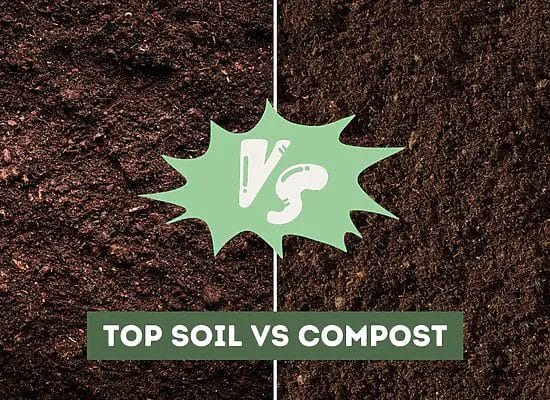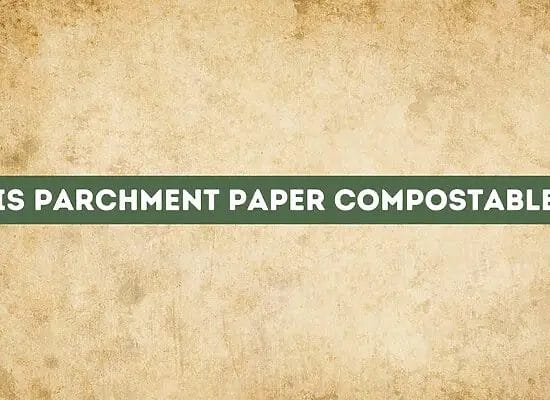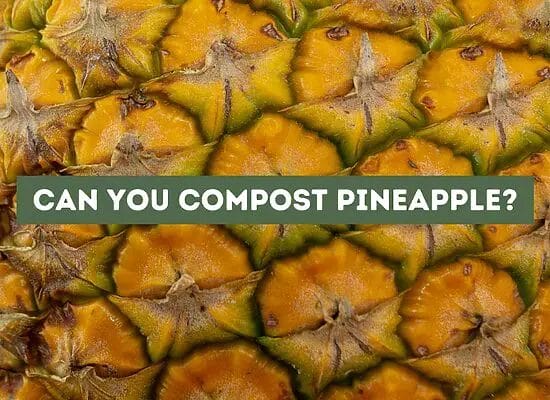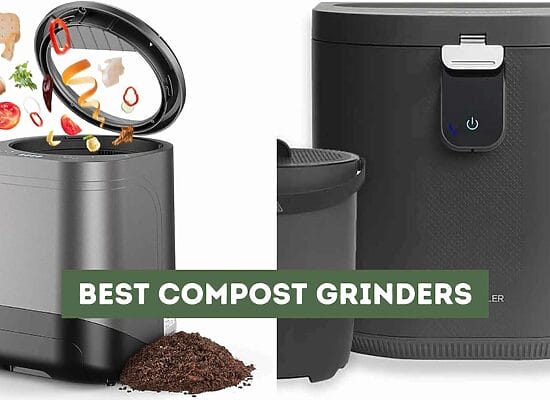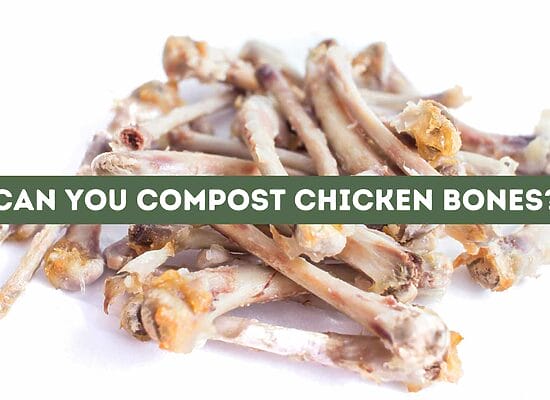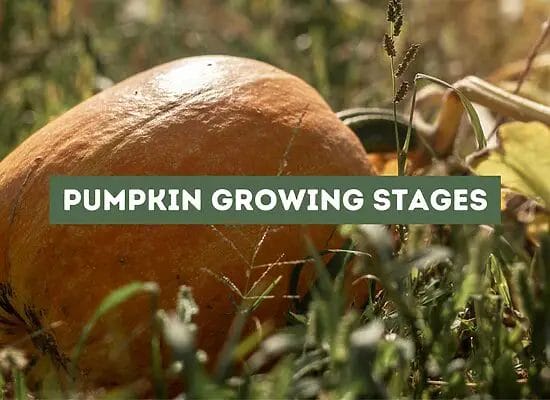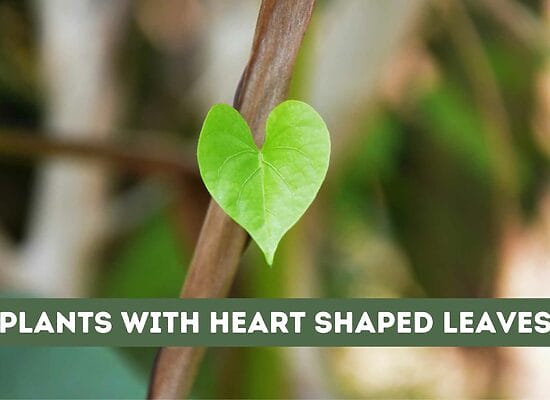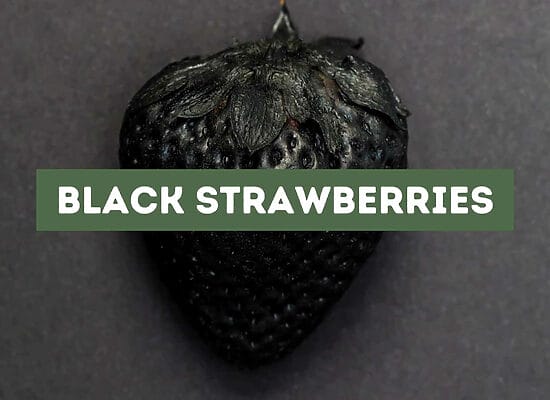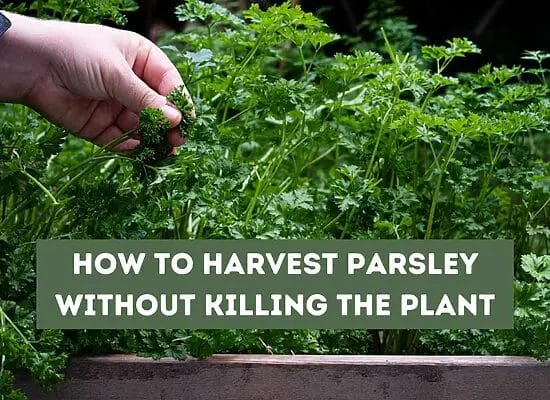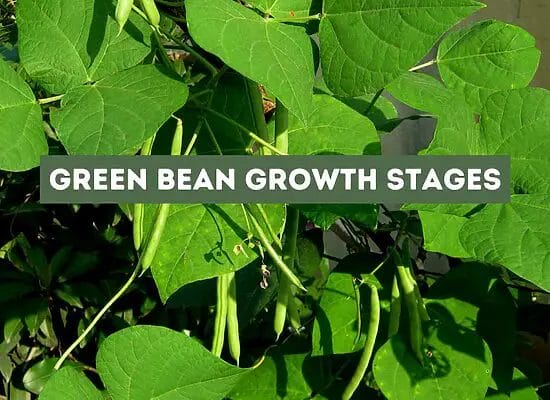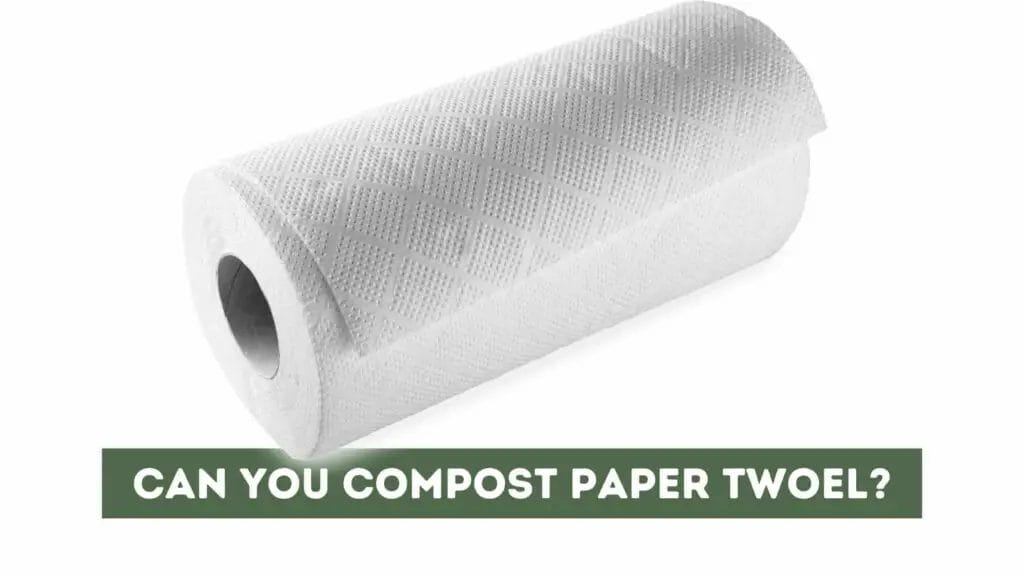
Composting reduces waste and enriches your garden’s soil with nutrients. However, many people are unsure about what can and cannot be composted. One common question is whether or not paper towels can be composted. The answer is yes you can compost paper towel, but there are some things you need to know.
When it comes to composting paper towels, the key is to use them in moderation. While paper towels are biodegradable, they can take a long time to break down in a compost pile. It’s best to use them sparingly and only when necessary. Additionally, it’s important to choose paper towels that are made from recycled materials, as these will break down more easily than those made from virgin wood pulp.
To compost paper towels, simply add them to your compost pile along with other organic materials like food scraps and yard waste. Be sure to shred them into small pieces to help speed up the decomposition process. You can also use paper towels to absorb excess moisture in your compost pile, which will help prevent it from becoming too wet and smelly.
Key takeaways:
- Composting paper towels enriches garden soil and reduces waste.
- Paper towels can be composted, but should be used in moderation due to slow decomposition.
- Choose recycled paper towels, as they break down more easily than those from virgin wood pulp.
- Shred paper towels into small pieces for faster decomposition.
- Paper towels can absorb excess moisture in compost piles, preventing odor and excess wetness.
- Composting process involves carbon-rich and nitrogen-rich materials, water, and oxygen.
- Items like fruits, vegetables, clean paper towels, leaves, and yard waste can be composted. Meat, dairy, glossy paper, plastic, and metal cannot be composted.
Understanding Paper Towels
Components of Paper Towels
Paper towels are made of plant fibers, typically wood pulp, that have been processed into thin sheets. They also contain various chemicals and additives that help to improve their absorbency and strength. Some of these chemicals include bleaches and chlorine, which can be harmful to the environment.
Paper Towel Production Process
The production process of paper towels involves several steps. First, wood pulp is obtained from trees and then processed into a pulp. The pulp is then bleached and mixed with various chemicals and additives to improve its properties. The resulting mixture is then spread out into thin sheets and dried. The sheets are then rolled onto large spools and cut into individual paper towels.
Recycled paper towels are made from paper that has already been used and then processed to remove any impurities. This process helps to reduce the amount of waste that ends up in landfills. However, recycled paper towels may not be as strong or absorbent as virgin paper towels.
When composting paper towels, it is important to consider the type of paper towel being used. Virgin paper towels may contain harmful chemicals that can be harmful to the environment. Recycled paper towels are a better option, but they may not break down as easily as virgin paper towels.
Basics of Composting
Composting Process
Composting is a natural process that breaks down organic materials into a nutrient-rich soil amendment called compost. The process is facilitated by microorganisms, bacteria, and fungi that break down the organic materials. The process requires four main ingredients: carbon, nitrogen, water, and oxygen.
Carbon-rich materials, such as paper towels, leaves, and wood chips, provide energy for the microorganisms. Nitrogen-rich materials, such as food scraps, grass clippings, and manure, provide protein for the microorganisms. Water is necessary to keep the compost moist, and oxygen is necessary for the microorganisms to breathe.
The composting process occurs in two stages: the active stage and the curing stage. During the active stage, microorganisms break down the organic materials, generating heat. The temperature of the compost pile can reach up to 160°F (71°C). During the curing stage, the compost cools down, and the microorganisms finish breaking down the organic materials.
What Can and Cannot Be Composted
Not all organic materials can be composted. It is important to know what can and cannot be composted to ensure that the compost pile remains healthy and productive.
Here are some examples of what can and cannot be composted:
What can be composted:
- Fruits and vegetables
- Eggshells
- Coffee grounds and filters
- Tea bags
- Yard waste (leaves, grass clippings, etc.)
- Clean paper towels and napkins
- Wood chips and sawdust (untreated)
What cannot be composted:
- Meat, fish, and bones
- Dairy products
- Fats and oils
- Diseased plants
- Pet waste
- Charcoal ash
- Glossy paper and magazines
- Plastic and metal
Composting Paper Towels
When it comes to composting, paper towels can be a bit tricky. However, with proper care and attention, they can be composted along with other organic materials. In this section, we will cover everything you need to know about composting paper towels, including how to compost them and the factors that affect their decomposition.
How to Compost Paper Towels
Composting paper towels is a simple process, but it requires some preparation. Here are the steps you need to follow to compost paper towels:
- Shred or tear the paper towels into small pieces. This will speed up the decomposition process.
- Add the shredded paper towels to your compost pile. Be sure to mix them with other organic materials, such as food scraps and yard waste.
- Keep the compost pile moist. Paper towels need moisture to decompose properly, so be sure to water your compost pile regularly.
- Turn the compost pile regularly. This will help to aerate the pile and provide the necessary oxygen for the decomposition process.
- Monitor the temperature of the compost pile. Paper towels will decompose faster in a warm compost pile, so try to maintain a temperature between 130°F and 160°F (54°C and 71°C).
Factors Affecting Decomposition
Several factors can affect the decomposition of paper towels in a compost pile. Here are some of the most important factors to consider:
- Size: The smaller the paper towels are, the faster they will decompose.
- Moisture: Paper towels need moisture to decompose properly. Be sure to keep your compost pile moist but not too wet.
- Oxygen: Paper towels need oxygen to decompose properly. Be sure to turn your compost pile regularly to provide the necessary oxygen.
- Heat: Paper towels will decompose faster in a warm compost pile. Try to maintain a temperature between 130°F and 160°F (54°C and 71°C).
- Shredding: Shredding the paper towels into small pieces will speed up the decomposition process.
Environmental Impact of Paper Towels
When it comes to paper towels, their environmental impact can be significant. In this section, we will explore the impact of paper towels on landfills and greenhouse gas emissions.
Landfill Impact
Paper towels that end up in landfills can have a negative impact on the environment. When paper towels decompose in landfills, they release methane, a potent greenhouse gas that is 25 times more potent than carbon dioxide. This contributes to climate change and global warming.
Furthermore, paper towels take up space in landfills, which are already filling up quickly. According to the Environmental Protection Agency (EPA), paper towels and napkins make up about 7% of the total waste generated in the United States each year.
Greenhouse Gas Emissions
The production of paper towels also contributes to greenhouse gas emissions. The manufacturing process requires energy, which often comes from non-renewable sources like coal and natural gas. This releases carbon dioxide, another greenhouse gas, into the atmosphere.
To reduce the environmental impact of paper towels, it is important to consider composting them instead of throwing them in the trash. Composting paper towels can help reduce the amount of waste in landfills and cut down on greenhouse gas emissions.
Alternative Solutions
If you’re looking for alternatives to composting paper towels, there are a few options available to you. Here are some eco-friendly alternatives to consider:
Recycling Paper Towels
While you can’t recycle paper towels in the traditional sense, some companies have started offering recycling programs for their products. For example, Terracycle offers a program that allows you to send in your used paper towels to be recycled into new products. Check with your local recycling center or waste management company to see if they have any similar programs available.
Eco-Friendly Alternatives
If you’re looking to reduce your waste and environmental impact, there are plenty of eco-friendly alternatives to paper towels. Here are a few options:
- Unpaper towels: These are reusable cloth towels that can be washed and used over and over again. They come in a variety of materials, including cotton, bamboo, and linen.
- Swedish dishcloths: These are a type of reusable sponge made from cellulose and cotton. They can be washed and reused up to 50 times.
- Reusable alternatives: There are plenty of reusable alternatives to paper products, such as cloth napkins and plates. These can be washed and used over and over again.
Health and Safety Considerations
When composting paper towels, it is important to consider health and safety factors. While paper towels are generally safe to compost, it is important to avoid adding any potentially harmful substances to your compost pile.
One consideration is grease and oil. Paper towels used to absorb grease and oil should not be composted, as these substances can attract pests and slow down the composting process. Instead, these paper towels should be disposed of in the trash.
Another consideration is cleaning products and disinfectants. Paper towels used to clean with chemical cleaning products or disinfectants should also not be composted, as these chemicals can be harmful to the microorganisms that break down the organic matter in your compost pile.
Pathogens and viruses can also be a concern. Paper towels that have come into contact with bodily fluids or other contaminants should not be composted, as these substances can contain harmful bacteria and viruses. It is important to dispose of these paper towels in the trash.
Fragrances and other chemicals used in cleaning products can also be harmful to the environment and should be avoided when composting paper towels. It is best to use natural cleaning products or avoid using paper towels altogether when possible.
Composting Specific Types of Paper Towels
When it comes to composting paper towels, not all types are created equal. Here are some tips for composting specific types of paper towels.
Composting Wet Paper Towels
Wet paper towels can be composted, but they should be wrung out as much as possible before being added to the compost bin. Excess moisture can cause the pile to become too wet, which can slow down the composting process or even cause it to stop altogether. If you have a lot of wet paper towels to compost, consider adding them to the bin in small amounts over time to prevent any moisture buildup.
Composting Soiled Paper Towels
Soiled paper towels can also be composted, but it’s important to make sure that they are not contaminated with any harmful chemicals or substances. For example, paper towels used to clean up oil or gasoline should not be composted. If you’re unsure whether a soiled paper towel is safe to compost, it’s best to err on the side of caution and dispose of it in the trash.
Composting Unbleached Paper Towels
Unbleached paper towels are a great choice for composting, as they are free from harmful chemicals and dyes. They are also made from natural materials, which makes them easy to break down in the compost pile. If you’re looking to reduce your environmental impact, consider switching to unbleached paper towels for all your cleaning needs.
Composting Other Paper Products
When it comes to composting, paper products can be a great addition to your compost pile. Not only do they provide carbon-rich material, but they also help to absorb excess moisture. In this section, we will cover two other paper products that can be composted: cardboard and toilet paper.
Composting Cardboard
Cardboard is a great addition to your compost pile. It is carbon-rich and provides structure to your compost. When composting cardboard, it is important to break it down into small pieces. This will help it to decompose faster and prevent it from clumping together. You can use a shredder or simply tear it into small pieces by hand.
It is important to note that not all cardboard is created equal. Cardboard that has been treated with chemicals or contains a lot of ink should not be composted. Stick to plain, untreated cardboard for best results.
Composting Toilet Paper
Toilet paper is another paper product that can be composted. However, it is important to use only unbleached, 100% recycled toilet paper. This type of toilet paper breaks down quickly and easily in the compost pile. Avoid using toilet paper that has been treated with chemicals or contains fragrances.
To compost toilet paper, simply tear it into small pieces and add it to your compost pile. It is important to mix it in well with other materials to ensure it breaks down properly.
When composting paper towel rolls, it is important to remove any remaining paper towels from the roll before composting. The cardboard tube can be composted along with other cardboard.
FAQ: Can You Compost Paper Towel?
Are paper towels compostable?
Most paper towels are made from natural fibers and can be composted when clean, as long as they have not been treated with disinfectants or fragrance. However, it’s important to note that paper towels should not make up the bulk of your compost pile. They should only be added in moderation.
Can you compost Viva brand paper towels?
Viva brand paper towels are made from natural fibers and can be composted when clean and free of any cleaning products or chemicals. However, it’s important to note that Viva paper towels are thicker than other brands, so they may take longer to break down in your compost pile.
What types of paper cannot be composted?
Paper that has been treated with chemicals or has a glossy finish should not be composted. This includes paper plates, paper cups, and most paper napkins. Additionally, paper that has been contaminated with food or other organic matter should not be composted.
Can compost worms eat paper towels?
Yes, compost worms can eat paper towels as long as they are clean and free of any chemicals or cleaning products. However, it’s important to note that paper towels should not make up the majority of their diet. Compost worms also need a variety of other organic matter to thrive.
Can paper towels go in the green bin?
It depends on your local waste management system. In some areas, paper towels can be placed in the green bin for composting. However, in other areas, they may need to be disposed of in the regular trash. Check with your local waste management system to determine the proper disposal method in your area.
Are Costco paper towels compostable?
Most Costco paper towels are made from natural fibers and can be composted when clean and free of any chemicals or cleaning products. However, it’s important to note that some Costco paper towels may be thicker than other brands, which can increase the time it takes for them to break down in your compost pile.


